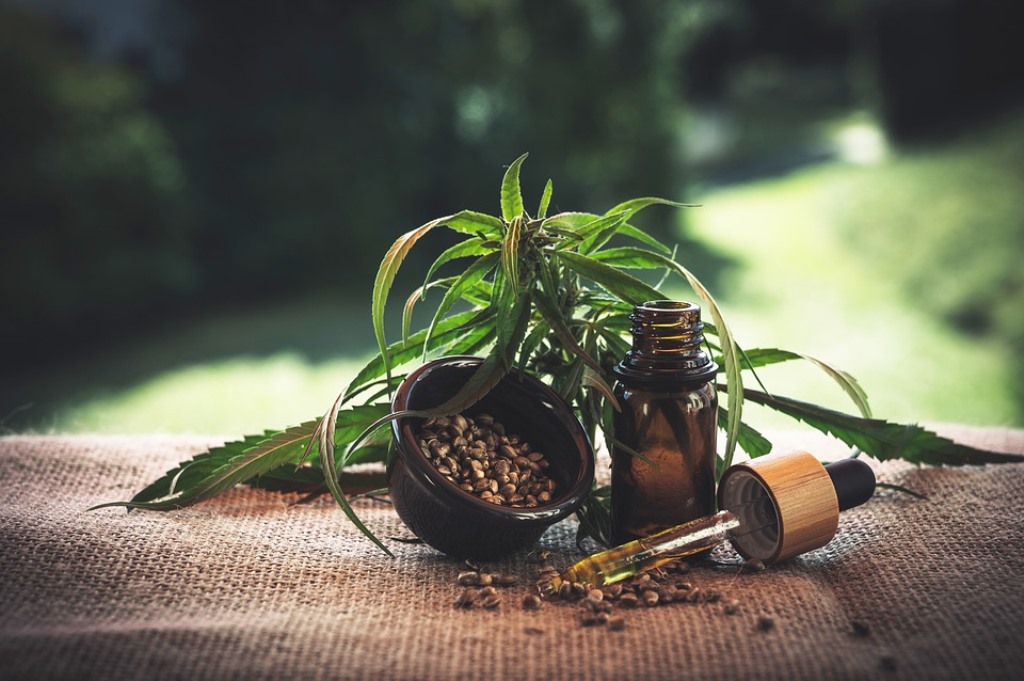The path to sobriety is not easy, and there are many hurdles in the way. You may feel like giving up trying, suffer from heavy withdrawals, or have a relapse, but do not despair. Addiction is hard – it takes one bad advice and one wrong move to hit rock bottom again. However, with the right help and tips, you can make it out of these trying times unscathed.
According to the Addiction Center, almost 21 million Americans have at least one addiction, but only 10% receive treatment. While it’s natural to feel ashamed and guilty for getting addicted in the first place, you shouldn’t let these thoughts consume you. Seeking help to become sober takes immense courage, which is why we are here to help. Read on to find tips that can help you bounce back on your feet in no time:
1. Check Into Rehab
Coming out of addiction is not easy, especially if hard drugs, including benzodiazepine, methamphetamine, cocaine, or heroin, are the source. You can even end up in the ER if you don’t know how to handle withdrawal symptoms. In the case of benzodiazepine, withdrawals include vomiting, hallucinations, convulsions, and severe anxiety, which can become fatal. According to data from drug abuse organizations, 12.5% of Americans use benzodiazepine. If you are one of those struggling with drug addiction, seeking help from an addiction treatment center in Illinois or anywhere nearby is essential.
Rehabilitation centers have the facilities to look after you properly. They have the skills, equipment, and knowledge which can aid recovery. If you try to cope alone with benzodiazepine addiction, the intensity of the addiction and withdrawals may worsen. It is better to get assistance from a professional who can tailor a well-informed program to help you get better. You may go through detox, shifted into a stabilization program, and finally into an outpatient service.
Addictions to drugs require carefully supervised detoxification. You will experience intense waves of withdrawal. You may need at least a week before the facility switches you to an outpatient facility. Getting professional help is the best way to combat the discomfort, especially when you are physically weakened.
2. Look For Support Groups
In early sobriety, you’re like a toddler taking their first few steps. You will stumble, fall, and may even have a breakdown, so joining a support group can offer you a shoulder to lean on. Addiction can make you feel isolated and alienated from those around you, which is why you must find your tribe and prevent falling back on older habits. Addiction recovery options include 12 steps, alcoholic anonymous, and narcotics anonymous.
The purpose of these groups is to discuss recovery and the source of your addiction with others who have gone through similar experiences. The connections you make will help you find support, comfort, and safety, which will prevent a significant relapse. Support groups also offer activities and coping techniques such as music that block out triggers and provide alternatives to cravings. You can gradually reduce these sessions when you feel stable and step back from these groups.

3. Establish A Routine
Your mind is highly fragile when you’re in recovery. So, unless you have a routine, it’s very easy to reach for a bottle or consume narcotics mindlessly. A healthy routine takes your mental, emotional and physical well-being into account. While you are free to choose how you spend your days, you should include some pivotal activities to boost your recovery.
Don’t skimp out on sleeping plenty at night, staying hydrated, eating a healthy diet, and exercising. You may need to steer clear of greasy foods that can trigger a craving. The physical regimen you choose must be manageable since stressful and rough exercises can push you into relapse. Start slow and gradually build your momentum over time. It would help if you got a trainer who’s worked with addicts to get the proper guidance.
4. Clear Your Space
You may neglect your space under the influence, with months of trash, empty bottles, and even dirty laundry to clean up. Simultaneously, you need to get rid of any leftover substances and paraphernalia and avoid temptation. Don’t risk challenging your sobriety by staying in an unclean space. The stench and the sight alone can cause anxiety, pushing you back into old habits. If you are overwhelmed, look into cleaning services that can help you tackle the mess.
Hand over keys to your drawers and storage spaces to a reliable friend so that you don’t use them to hide substances. Clear out clutter and practice minimalism to reduce stress and make locating items more accessible. Even the clothing and furniture that remind you of your addiction’s traumatic events should be discarded. The new space needs to evoke feelings of Zen and comfort and not bring back a wave of unpleasant memories.
5. Talk To Your Family
Families can be an immense pillar of strength when recovering from addiction. At the same time, if your family is the reason you started taking drugs, talking to them will help you come to terms with it.
If you come from a healthy and functional family, discuss the painful truths of your addiction with them at length. Informing them of why you started in the first place and how they can play a positive role in your treatment would be beneficial. However, sometimes you may also have to walk away and settle for an apology that never comes. That’s okay – all we can do sometimes is clean our end of the street and hope things turn out okay.
A neglected partner and children also deserve a slice of explanation and an assurance that you will do better. When family members make an effort to learn, explore and understand addiction, they can help you recover better. In certain situations, mediation may be necessary. A family therapist can help clarify the situation as transparently as possible. Often addicted family members may deny their part in your condition. In such cases, you may need to consider distancing yourself from them.

6. Give Yourself A Break
One of the surest ways to relapse is when you’re too hard on yourself. Addiction is messy, and it can happen to anyone. Sometimes the cause of addiction is out of your hands and purely circumstantial. Going back into society after recovery can trigger feelings of guilt and shame, reminding you where you went wrong. However, don’t let these feelings derail your recovery. Practice self-kindness and motivate yourself to get better. Make sure to visit a therapist and speak to a professional about how to structure your thoughts, meditate often, and journal your feelings.
Under an intoxicated stupor, you may have hurt people around you. Make an effort to mend relationships and show that you have changed. The journey to wellness is slow, so don’t expect people to respond to you right away. Instead, try to spend your time and energy learning to be patient with yourself and others. Focus on getting better one step at a time.
Final Thoughts
The day you decide to become sober will be the best and the hardest decision of your life. Addiction is not a silent guest; it’s loud and messy, leaving behind unpleasant after-effects, so a mixture of professional help and mindfulness helps in recovery.
Start by checking into rehab and getting the right services that you need. After rehab, continue seeking help through support groups. You will need to strive to make a routine for yourself, handle your family and rebuild your safe space again. Don’t forget you need gentleness often since self-punishment will only make recovery harder. So, while the road ahead post-addiction is tedious, you can maintain sobriety for the rest of your life with small efforts every day.




